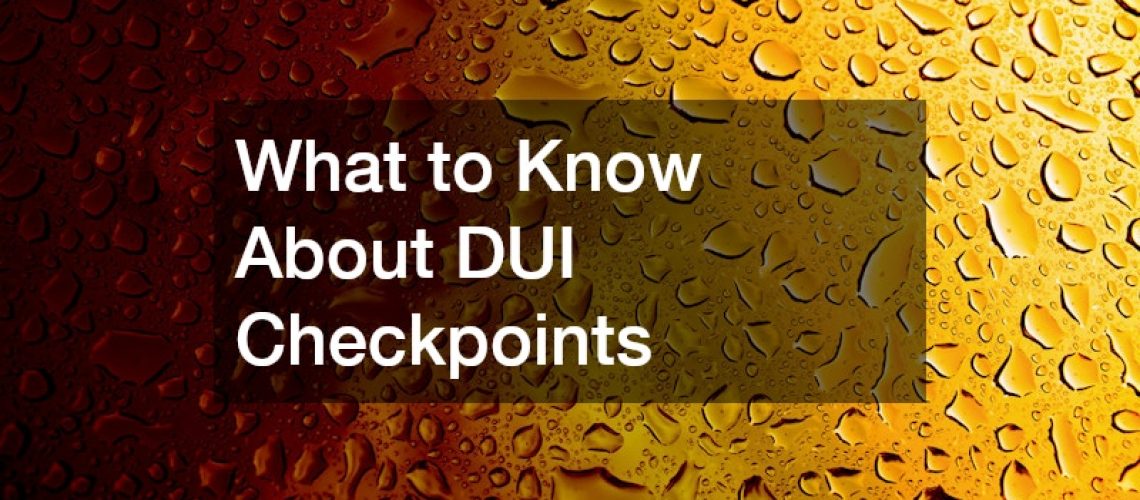DUI checkpoints, also known as sobriety checkpoints, are roadside stops where law enforcement officers check drivers for signs of impaired driving. These checkpoints are strategically placed to deter and catch individuals driving under the influence of alcohol or drugs. Here’s what you should know about them.
First, DUI checkpoints are legal in many jurisdictions, but the rules can vary. Generally, officers are required to follow specific guidelines to ensure the process is fair and constitutional.
This includes setting up the checkpoint in a way that minimizes disruption and using a pre-determined method to select vehicles for inspection.
As a driver, you must comply with checkpoint instructions, but you also have rights. You can choose to remain silent and consult a DUI lawyer if you’re arrested. It’s important to understand that anything you say could be used against you, so exercising your right to an attorney can be crucial in protecting your legal rights.
If you find yourself facing charges following a checkpoint stop, consulting a DUI lawyer is highly advisable. They can help navigate the legal complexities and work towards the best possible outcome for your case. Always remember, staying informed and prepared can make a significant difference.
.


